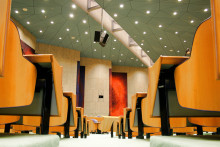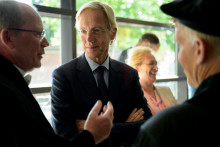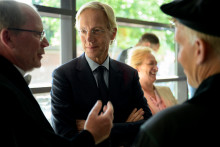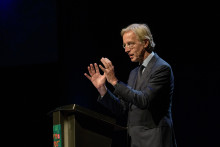The CDA put a parliamentary question to the minister about this issue following an investigation by journalists from Trouw and De Groene Amsterdammer which revealed that no Dutch university has mechanisms in place to look into money flows which arouse suspicion. In theory, this opens the door for the children of politicians, oligarchs or controversial businessmen from high-risk countries to launder illicit funds through the Dutch education system without being detected.
For example, the child of a Moldovan politician studied at Maastricht University using funds that had been routed through a brass plate company. According to Trouw, the University of Groningen has accepted cash payments in recent years, while the University of Twente and Maastricht University only accept cash 'in absolute emergencies'. 'As a rule, Maastricht University does not accept cash payments', a spokesperson insists. 'One exception was made a few years ago for a student who had problems with their bank transfer.'
No indications
The Money Laundering and Terrorism Financing (Prevention) Act stipulates that only financial institutions have an obligation to make sure that transactions do not involve money obtained from illicit activities. No such obligation applies to higher education institutions.
A national inquiry into the risks has found no evidence that universities are being used to launder money, Dijkgraaf argues.
Groningen
But how does the minister feel about the University of Groningen accepting €1.5 million in cash over the past five years? Dijkgraaf points out that this sum represented only four percent of payments, and that a third of this amount came from foreign students.
The minister believes that 'in certain circumstances, institutions are justified in accepting cash'. For example, if a foreign student wants to pay their tuition fees on time but is not yet in a position to open a Dutch bank account. 'Under those circumstances, a cash payment is the student’s only option.'







